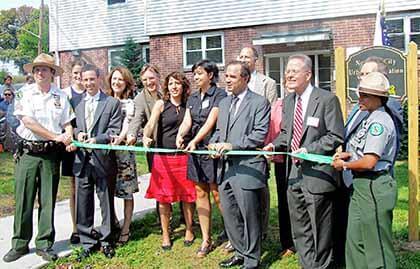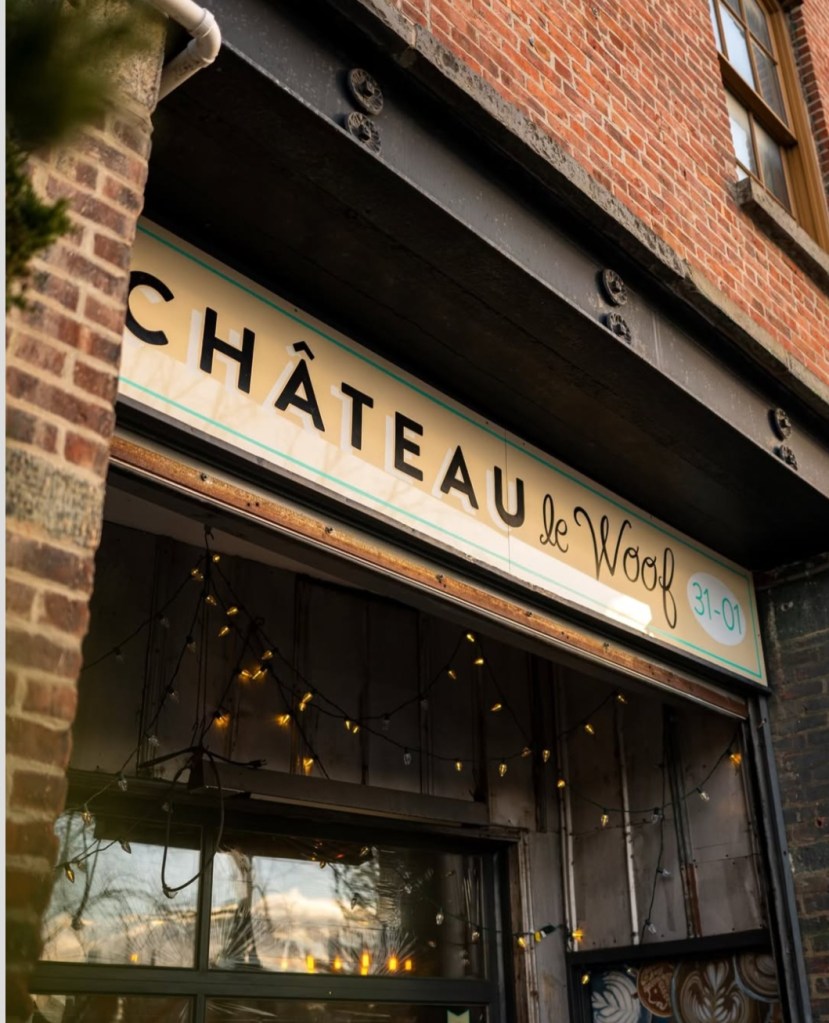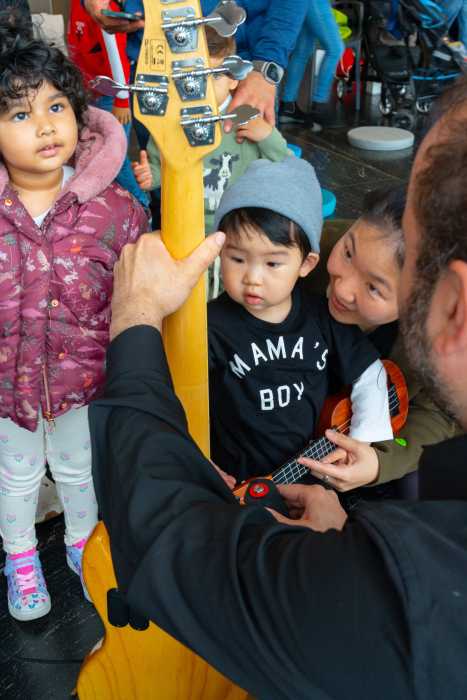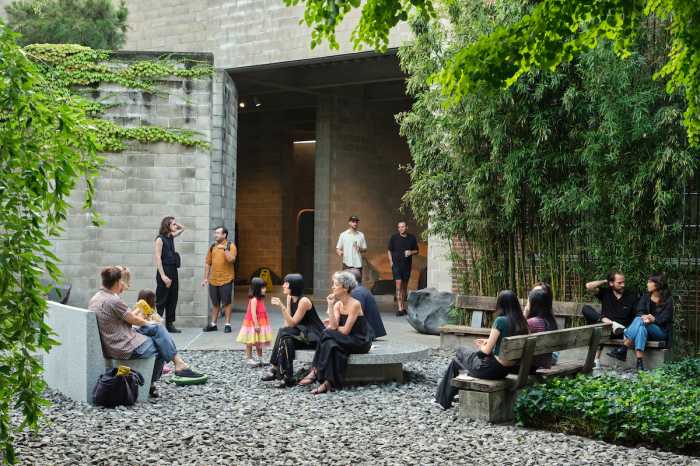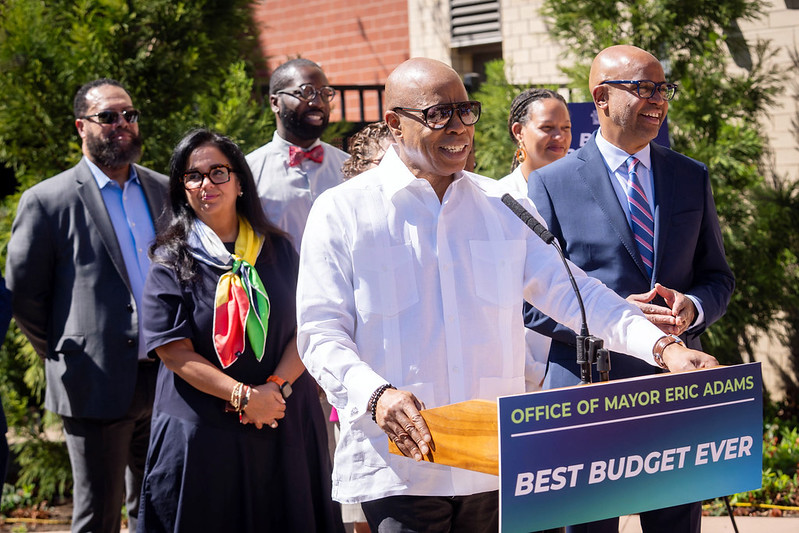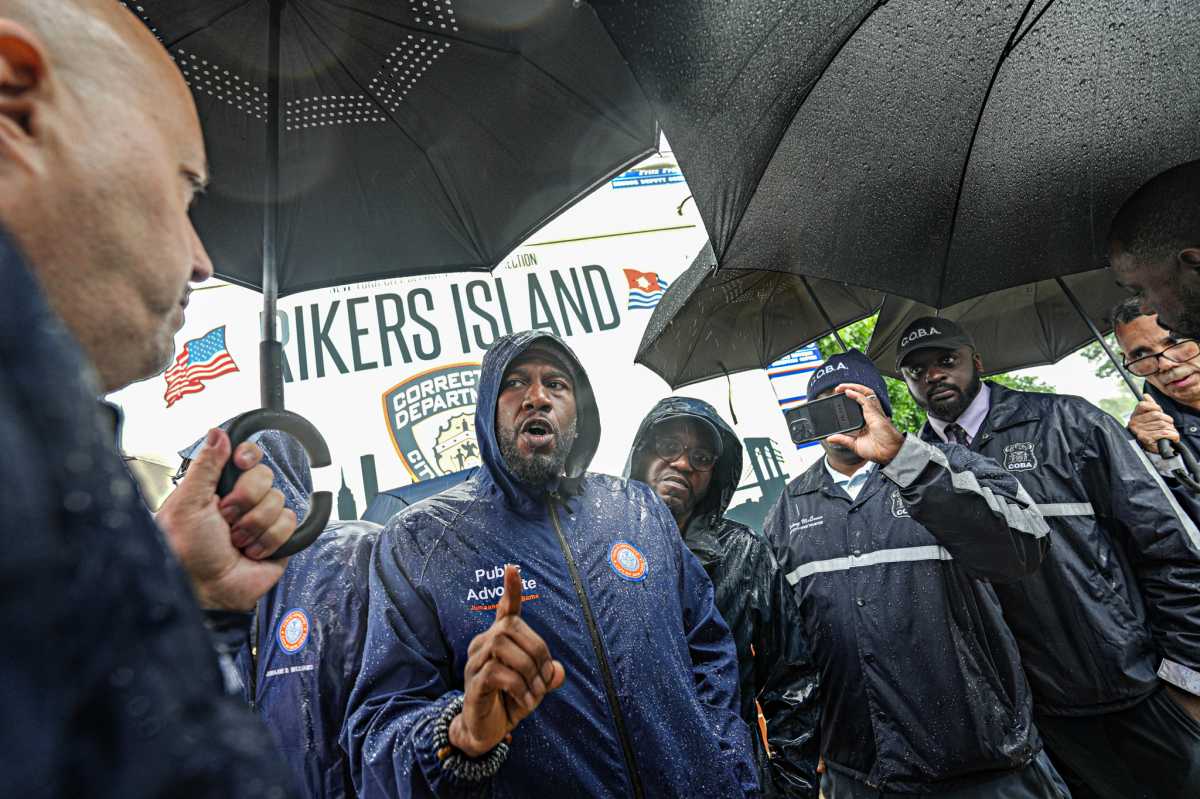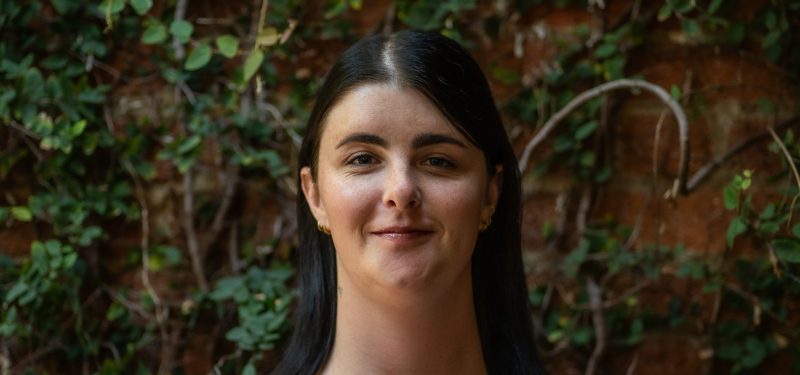By Nathan Duke
The city introduced its first urban field station last week at Fort Totten, where scientists will be able to conduct research on urban ecology, conservation and stewardship, the city Parks Department commissioner said.
The New York City Urban Field Station program was launched in 2006 by the Parks Department and the U.S. Department of Agriculture’s Forest Services Northern Research Station.
But Parks Commissioner Adrian Benepe said the new center at Fort Totten, which is along the Cross Island Parkway in Bay Terrace, will be the program’s official headquarters.
“It will be the first urban station in the area,” he said. “It will be a lab to see how many trees are growing in New York and, particularly, what is happening in the local environment.”
The commissioner said the center’s opening could not have come at a better time following a fierce Sept. 16 tornado that left hundreds of trees strewn along the borough’s streets.
“Trees are not just little amenities that you plant to raise real estate value,” Benepe said. “We just came out of the hottest summer and the worst storm to impact the city. The need for research on urban environments has never been more essential.”
The field station will provide space for scientists at the city and federal levels to research urban ecology, conservation, ecosystem management, stewardship and ecological literacy, the commissioner said.
There will be six staff members on hand at the site.
More than 100 nonprofit, academic and government partnerships will collaborate in its operation.
“This is about multiple agencies working together to achieve multiple objectives,” said David Bragdon, director of the mayor’s Office of Long-Term Planning and Sustainability.
Michael Rains, director of the USDA’s Forest Service Northern Research Station, told Benepe that the USDA would send in additional crews to assist in the borough’s tornado cleanup.
Trees are still being removed from neighborhoods struck by the storm, including Bayside, Forest Hills, Flushing, Maspeth, Middle Village and Rego Park.
The center is in Fort Totten’s Building 431.

